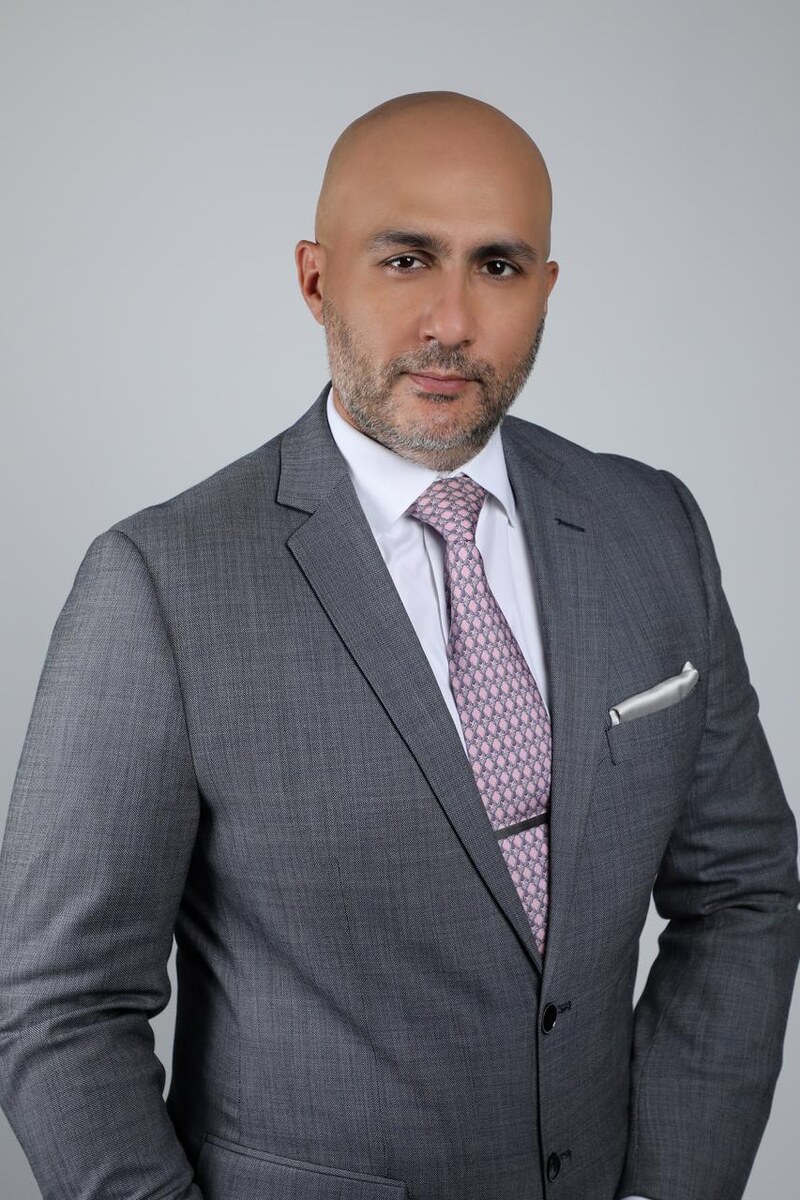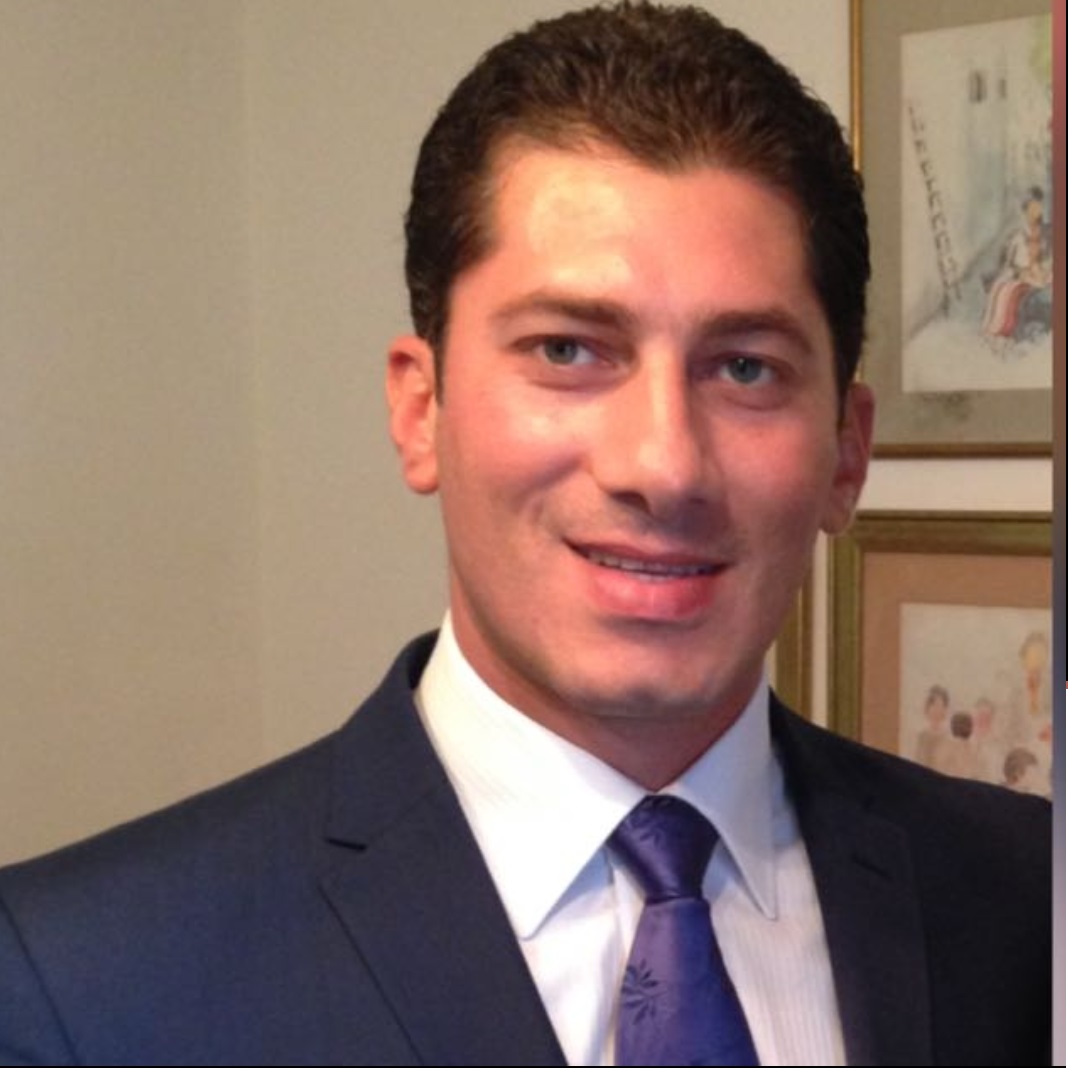RIYADH: As Riyadh gears up to host the second edition of the World Defense Show, the question of women’s growing role in the sector is taking center stage.
The event promises to congregate local and global military industry players with Saudi Arabia’s key leadership, international delegations and prominent industry decision-makers, and of one of its primary focus areas for discussion will be the revolutionary shift of the role of women within the industry.
Globally, the defense sector remains largely a male-dominated industry. Last year, it was reported that women represented a mere 23 to 25 percent of the labor force of the top five US defense contractors.
While the imbalance is also present in the Middle East, a region that is traditionally more conservative when it pertains to gender roles, recent years have demonstrated a notable uptick in female participation.
Arab women are increasingly breaking stereotypes by taking on roles traditionally reserved for men in the defense sector, with many now serving as pilots, engineers, and peacekeepers, as well as joining special force units.

The decision to allow women into the Saudi military came as part of the Kingdom’s Vision 2030 agenda that seeks to reform almost every aspect of life and government, including supporting female inclusion in the workforce.
The expansion of women’s roles in the military and their integration into the armed forces are deemed crucial steps towards achieving the goals stated in Vision 2030.
In 2018, the Kingdom provided women with the opportunity to apply for a number of non-military security roles. Saudi women have also been a part of public security since 2019, in the General Directorate of Prisons, Criminal Evidence and Customs and the General Directorate of Narcotics.
The Saudi military chief of staff, Fayyad Al-Ruwaili, and the director general of the General Administration of Admission and Recruitment, Imad Al-Aidan, launched the first military section for women in the Saudi Arabian Armed Forces in January 2021.
This allowed women to join the military as lance corporals, corporals, sergeants, and staff sergeants in the Royal Saudi Land Forces as well as the Royal Saudi Air Defense force, the Royal Saudi Navy, Strategic Missile Forces and Armed Forces Medical Services. Women could also rise through the ranks to a number of officer positions and senior positions.
The establishment of the Armed Forces Women’s Cadre Training Centre in February 2022 and the subsequent graduation of hundreds of women was another crucial step in in preparing women for military roles.
The inaugural graduation ceremony for female recruits was in September, marking the first time in the Kingdom’s history that women will begin service in front-line roles.
The efforts towards progress also saw further initiatives promoting gender equality and diversity implemented within defense institutions.
Policies have been introduced to ensure equal opportunities for men and women in recruitment, training, and career progression. Arab countries have also been investing in mentorship programs and leadership development initiatives specifically tailored for women in the defense sector, fostering a supportive environment for their professional growth.

During the first World Defense Show in 2022, the International Women in Defense Program, which took place on International Women’s Day, was deemed a “resounding success” by its organizers.
Led by the Kingdom’s ambassador to the US, Princess Reema bint Bandar, the event addressed the challenges and celebrated achievements in the industry, though a series of expert panels and discussions.
The program returns for WDS 2024, with an expanded format and another impressive roll call of influential industry leaders, with Princess Reema once again at the helm.
The ambassador said: “This is a moment to celebrate the contributions and achievements of women around the world from our past and present. Women have been serving, fighting, and contributing to the security and prosperity of their nations for over 100 years.”
She added: “International Women in Defense is a global campaign, creating resilience in an ever-changing world, and helping us to navigate the challenges we face within the sector, sharing personal experiences and celebrating the contributions of women who continue to serve their country. In this event, we converge to support national, regional and international efforts to accelerate women’s participation in the defense sector on a global scale, forging alliances and sharing best practices which are fundamental to retain the pace of change.”
These acknowledgements of the advancements in the role of women in defense contribute greatly to changing global perceptions about the capabilities and contributions of women in traditionally male-dominated fields.

Globally, female CEOs in the aerospace and defense industry surpasses other industries in gender equality.
According to global organizational consulting firm Korn Ferry, women CEOs represent 19 percent of the leaders in aerospace and defense, compared to just 5 percent across all other sectors. Four of the five largest US aerospace and defense firms — Lockheed Martin, General Dynamics, Northrop Grumman and Boeing’s defense, space and security division — are all headed by women.
Within the region, there have also been notable achievements: Jana Sader became Lebanon’s first female fixed-wing pilot; Sheikha Aisha bint Rashid Al-Khalifa became Bahrain’s first female fighter pilot; and Saudi Arabia’s Rayannah Barnawi became the first Arab woman astronaut.
In Saudi Arabia, this signifies a broader societal shift in attitudes towards gender roles, reflecting a commitment to inclusivity, diversity, and the recognition of the valuable contributions women can make in defense and security.
By all accounts, the strides made in the Middle East, also contribute significantly to the global narrative of women increasingly playing pivotal roles in defense and security.
































